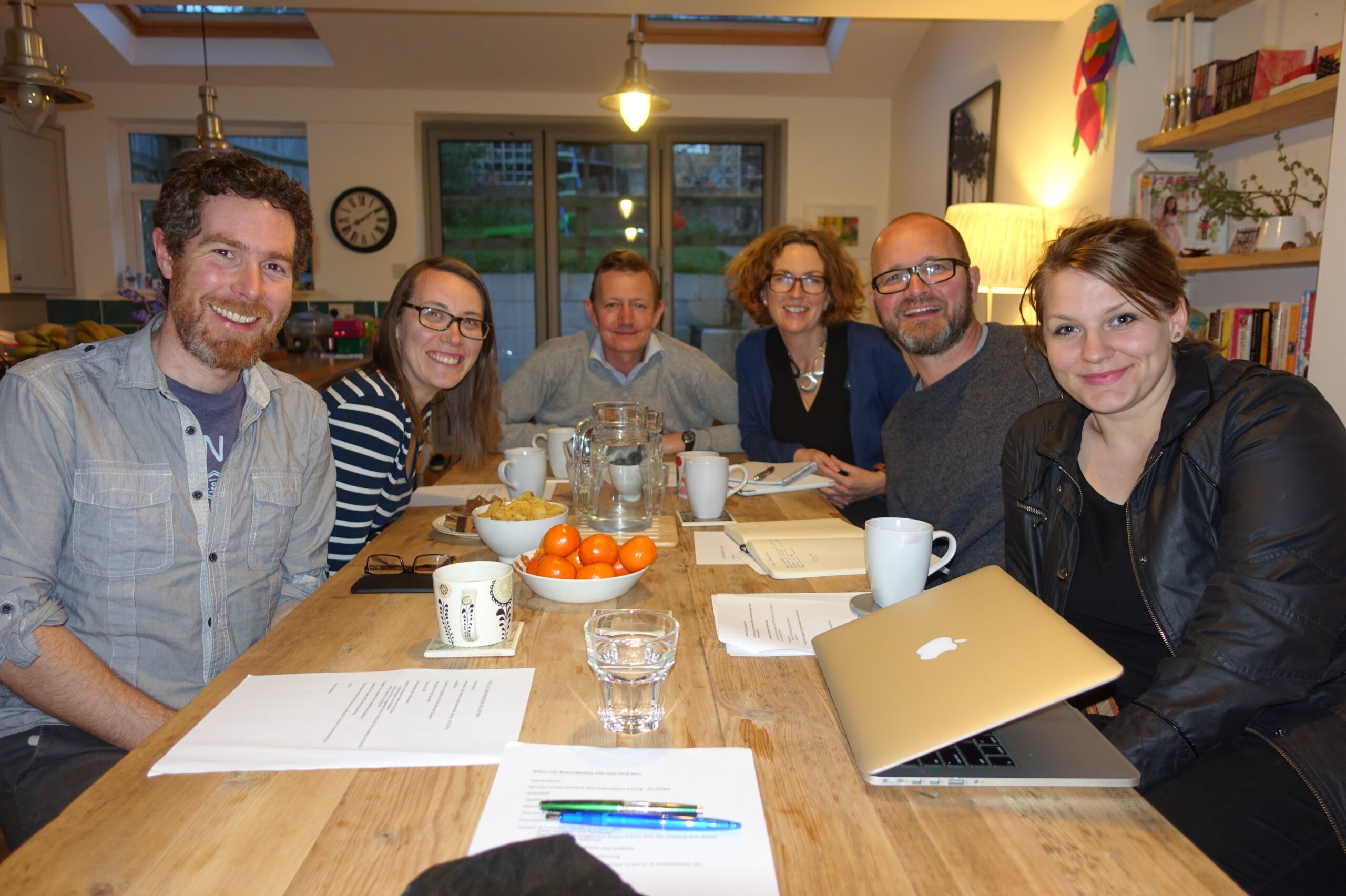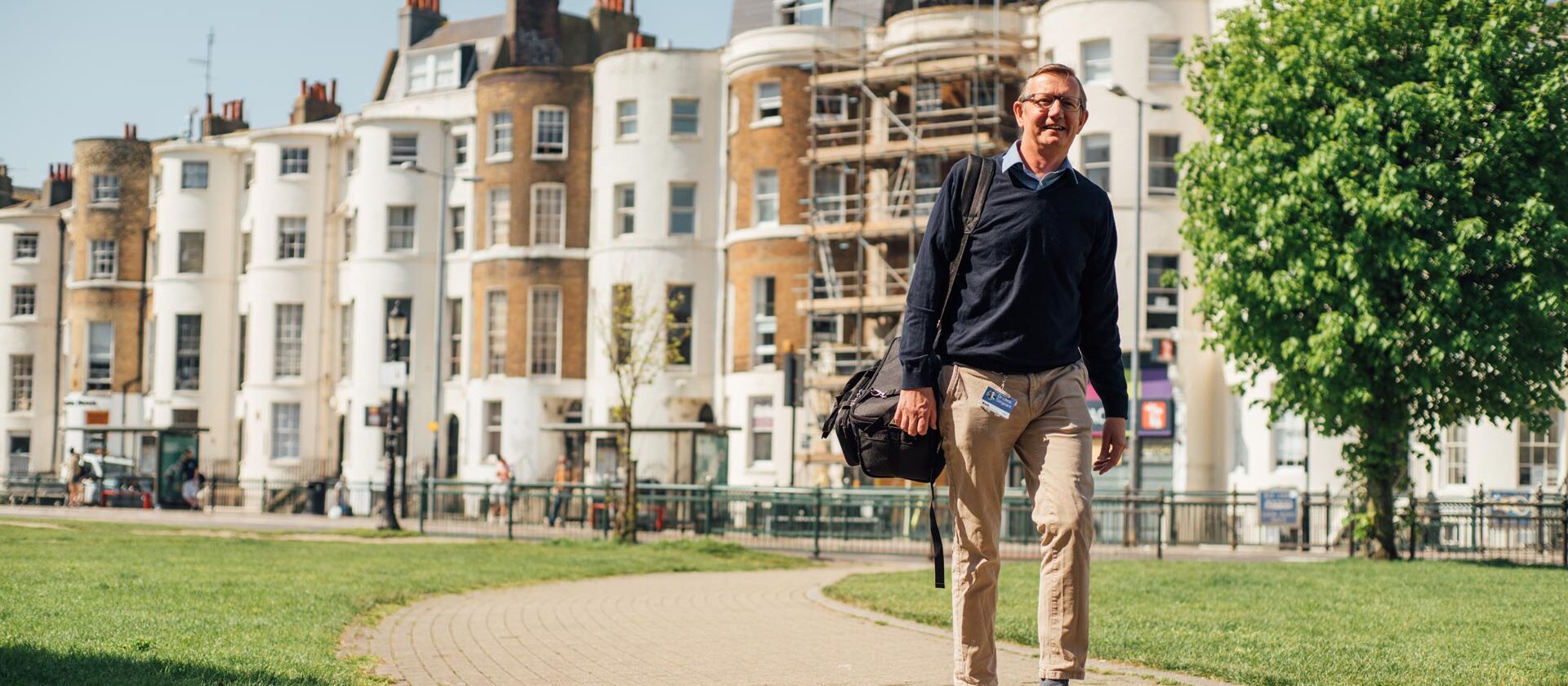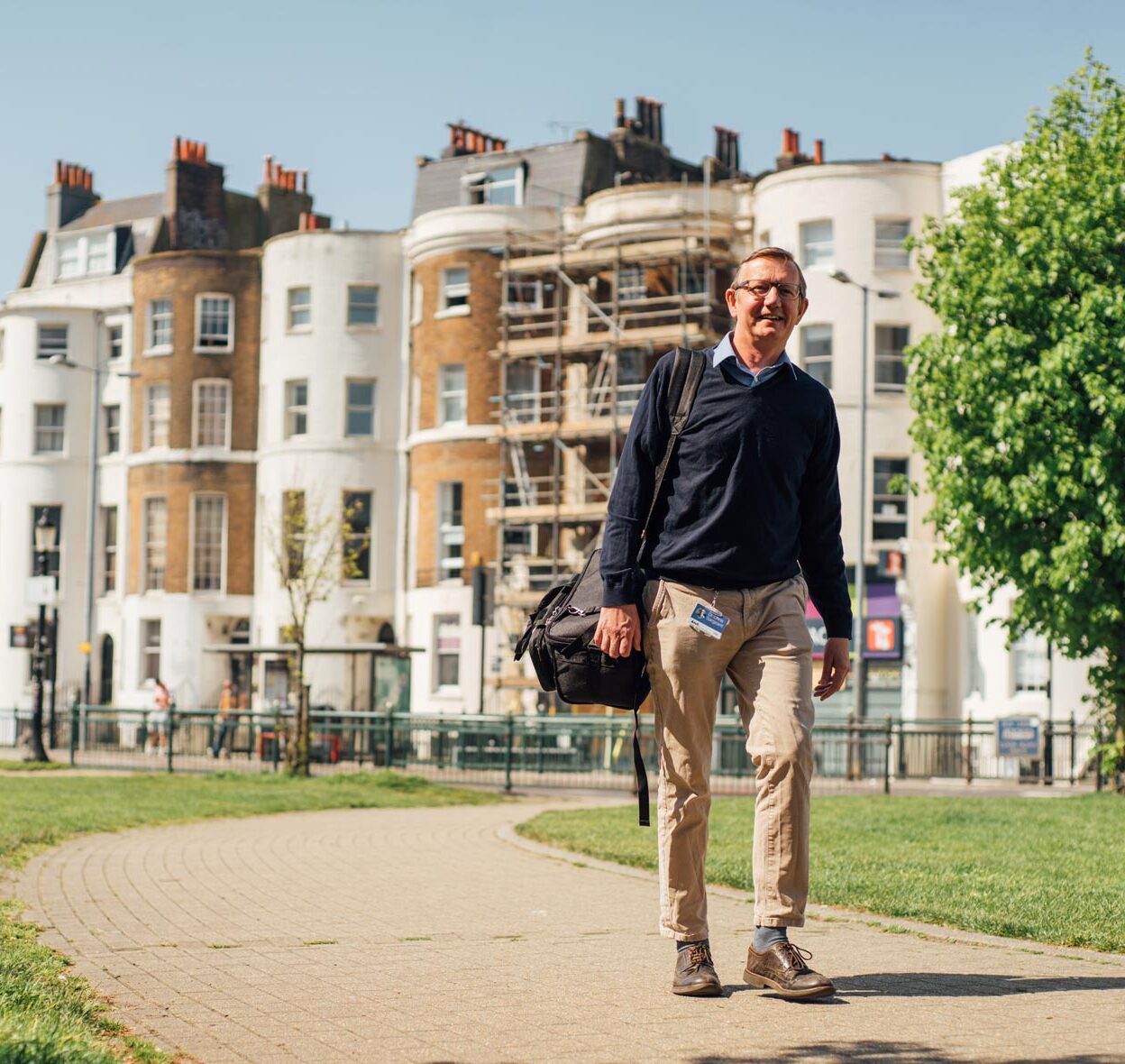The need for improved homeless health services is significant: homelessness has a huge impact on the physical health of the individual. According to the Faculty for Homeless Health, people experiencing homelessness are 34 times more likely to have tuberculosis, 50 times more likely to have Hepatitis C, 12 times more likely to have epilepsy, 6 times more likely to have heart disease, and 5 times more likely to have a stroke. Recent research by Homeless Link showed that in addition to physical health issues, 86% of individuals experiencing homelessness have mental health problems, 39% take drugs or are recovering from a drug problem and 27% have, or are recovering from, an alcohol problem.
Homelessness can create a level of complexity that results in people accessing acute healthcare services disproportionately (due to a combination of physical and mental ill-health, drug/alcohol misuse and a lack of secure accommodation). People experiencing homelessness attend A&E six times more often, are admitted to hospital four times more often and stay in hospital three times longer than non-homeless people (Faculty for Homeless Health). The combination of extremes of poor health and difficulty engaging in healthcare services has deadly results: The average age of death for a man experiencing homelessness in the UK is 45 and for a woman it is 43 (ONS 2018). These national statistics are reflected in the current figures for Brighton & Hove where last year 36 people died while homeless (2019 Arch patient data) – these deaths were largely preventable.
However, even where excellent services exist, the needs of people experiencing homelessness are not well met (Advisory Council on the Misuse of Drugs, 2019). This is because the time needed to address their health issues (the severity of need can make for slow progress) means that they can get ‘lost’ in the system, or at the transition points between services. This is true in Brighton and Hove, despite the steps taken to improve homeless healthcare. Arch clinicians and Justlife support workers report feedback that whilst individual services are of a very high standard, the overall local health service is complex, disjointed, inflexible, inadequate for the needs presented and ultimately very difficult to navigate. Arch patients often offer insights on how this can be improved. More formally accessing the voice and experience of those with lived experience of homelessness will enable us to work collectively to improving the health systems available, including transition points between services. We know this can work – co-production of mental health services with patients has been shown to improve health services (NHS Improvements).


